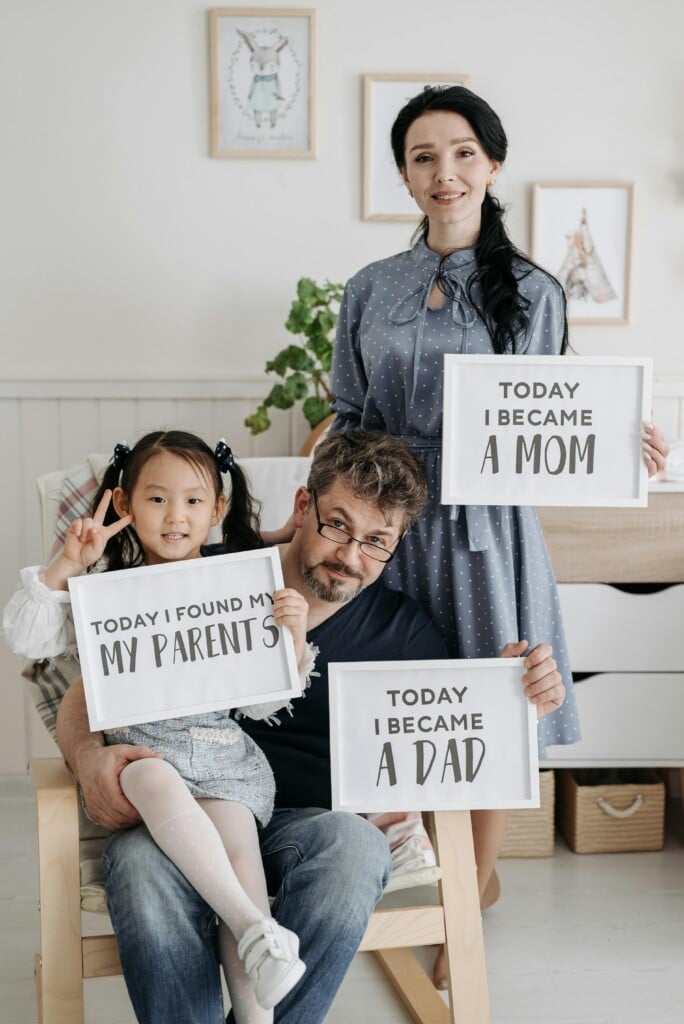October is Spina Bifida Awareness Month: A Time to Shine Light on a Common Birth Defect
As October unfolds, we take a moment to observe Spina Bifida Awareness Month. This month is dedicated to educating the public about a serious yet often overlooked birth defect that impacts approximately one in 2,000 births in the United States each year. For many families, like the Badenhop family from Ohio, this observation is not merely a formality but a poignant reminder of their journey through diagnosis, intervention, and resilience.
The Badenhop family’s life changed dramatically when their daughter Lexi was diagnosed with spina bifida during a routine 20-week ultrasound. The news struck Brittany, Lexi’s mother, with a wave of anxiety and uncertainty. “When you’re faced with such news, it’s a whirlwind of emotions,” she reflects. “But knowing that there are steps we can take makes a world of difference.”
Their story does not end with diagnosis, fortunately. The family found hope and support through the advanced medical services offered at Nationwide Children’s Hospital in Columbus, Ohio. This institution is one of the few hospitals in the country that provides fetal surgery for spina bifida, a procedure that has changed the conversation around this condition. “The access to these cutting-edge interventions is crucial for families navigating this difficult journey,” Brittany emphasizes.
Understanding Spina Bifida
Spina bifida occurs when the spine and spinal cord do not completely form, leaving the spinal cord exposed. The outcomes can vary widely, sometimes leading to serious complications that may impact mobility, bladder control, and even cognitive function. However, advances in medical care, including prenatal diagnosis and surgical options, have significantly improved the quality of life for many affected individuals.
For those families who may not have access to surgical options, the reality can be stark. Life-long care may be necessary to handle the challenges presented by spina bifida. While a diagnosis of spina bifida can initially feel devastating, ongoing education and conversations can help alleviate some of the fears surrounding the condition.
The Role of Medical Intervention
Dr. Oluyinka Olutoye, a leading Fetal and Neonatal Surgeon at Nationwide Children’s Hospital, highlights the transformative power of early intervention. “There is hope,” he articulates. “In the past, the diagnosis of spina bifida often left families feeling hopeless. However, fetal surgery does not guarantee perfection, but it certainly allows us to improve outcomes. We can offer families a better future for their children right from birth.”
Dr. Olutoye’s commitment emphasizes the importance of innovative surgical techniques to treat spina bifida. With advances in medical research, families are no longer relegated to the heartbreaking choices of the past but are empowered to seek solutions that give their children a fighting chance.
The Importance of Awareness and Education
Spina Bifida Awareness Month serves as a crucial opportunity for education and advocacy. For many, the key to understanding this condition lies in open discussions. Brittany Badenhop believes that those who come in contact with individuals with spina bifida should feel comfortable asking questions to foster better understanding. “It’s all about how we communicate. When people meet or see someone with spina bifida, knowing how to approach the subject can lead to compassion and greater empathy,” she notes.
This month, amidst the activities and campaigns dedicated to increasing awareness, let us also honor families that bravely navigate the challenges brought by spina bifida. The stories, like that of the Badenhop family, illustrate not only the need for medical research but also the importance of community support and understanding.
As we shine a light on the strides made in medical treatment, it’s essential to remember that the journey is ongoing. With each October that passes, we have the chance to increase awareness, prompt discussions, and eliminate stigma. So this month, consider reaching out, sharing stories, and participating in the conversations that can lead us closer to understanding spina bifida in its many forms.
In the end, each story of resilience, hope, and compassion adds a unique thread to the fabric of Spina Bifida Awareness Month. By learning and spreading awareness, we pave the way for more families to find the support and resources they desperately need.


